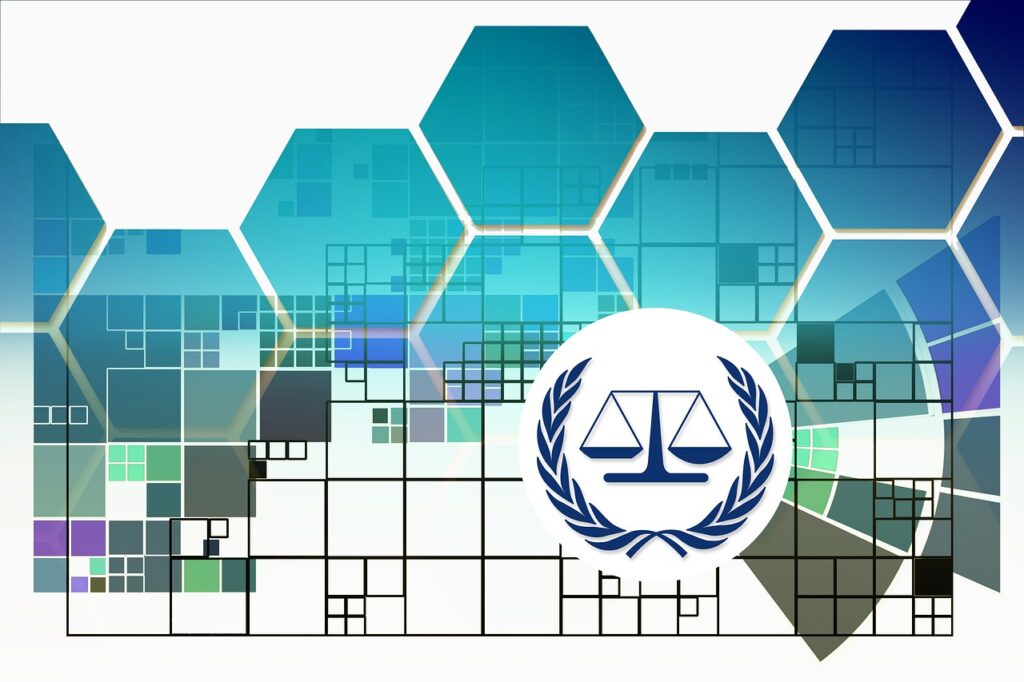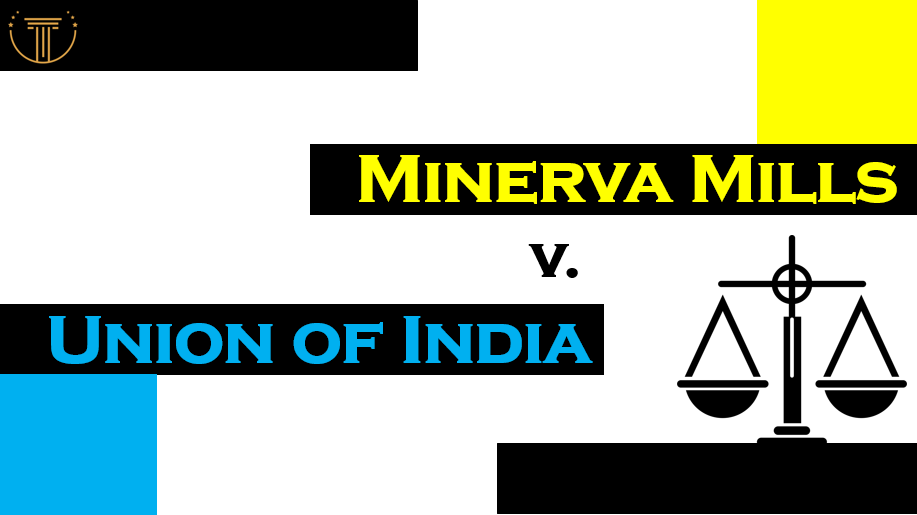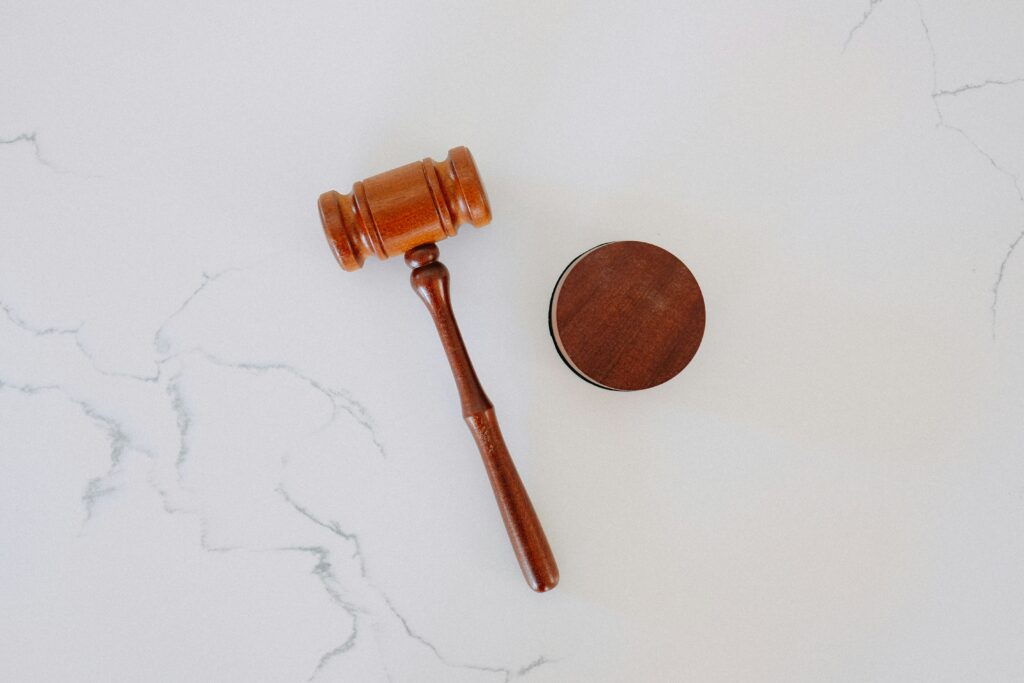Published On: 28th February, 2024
ABSTRACT:
A key component of the criminal justice system in India is the parole system, which has its roots in military procedures. This article examines the benefits and drawbacks of the parole system in both personal and societal settings. The possible abuse of the parole system and a final debate on how to confront and resolve these concerns—including important challenges within the Indian parole system—are the two main topics that are covered.
INTRODUCTION :
A key component of the criminal justice system is the parole system, which releases criminals early in exchange for good behavior. Its goals are to promote rehabilitation and the well-being of both the person and society. The system is not without its difficulties, though, and one major worry is the possibility of abuse. Some people take advantage of the parole system, according to critics, endangering public safety by committing crimes while on parole or not making a sincere effort to change their ways. The effectiveness of identifying and keeping an eye on risk factors is called into doubt by this misuse, which increases the likelihood of recidivism. Positively speaking, there are many benefits associated with the parole system. It offers a chance for a gradual return to society, lessening the shock of being back in the community after an extended term of incarceration. Encouraging good behavior motivates prisoners to take part in rehabilitation programs, which promotes personal development. Parole also helps reduce jail overcrowding, which lessens the financial strain on the criminal justice system. Even with these advantages, premature release carries certain inherent hazards, such as the possibility of fresh crimes being committed that erode public confidence in the legal system. The rehabilitation process may be hampered by inadequate assessment and supervision, placing a burden on law enforcement resources. A thorough strategy is required to solve these issues. Enhancements to electronic monitoring and community-based activities, along with better risk assessment instruments, can help reduce the likelihood of misbehavior during parole periods. Challenges in the particular setting of India’s parole system include problems with monitoring capacity, society reintegration initiatives, and the evaluation process. To guarantee that parole is a true chance for rehabilitation rather than a possible opening for misbehavior, reforms should concentrate on bolstering these components. In conclusion, even if the parole system is complicated, its advantages can be maximized by addressing concerns of overuse and putting deliberate reforms into place. This will help to promote effective reintegration and make the community safer and more just.
SUMMARY:
The essence of parole is concealed in the armed forces. Before now, the war captives were granted temporary freedom so they could return home and integrate into society, but they were required to make a commitment to return on schedule. Eventually, parole played a significant role in India’s criminal justice system. Depending on their preferences, needs, and circumstances, each state has its own parole criteria, laws, and regulations.
Regular parole and custody parole are the two categories of parole. Certain offenders, particularly those found guilty of rape, murder, or any other reasonable discrete of the awarding authority, will not be eligible for parole. Decisions are made by the State Government after consulting the District Magistrate.
The Custody Parole will be provided in cases of emergency, such as a family member passing away, a critical sickness, or other significant family event. The prisoner is escorted till their return for six hours while they are detained. The involved police station will review the specific justification, and the jail superintendent will then approve it.
Regular Parole will be given in the event of a family member’s severe illness, death, or accident, a member’s marriage, the convict’s wife giving birth to a child, social ties, or significant harm to the convict’s life or property caused by a natural catastrophe or filling out a special leave application. It is only permitted for a maximum of one month unless there are special circumstances or an emergency.
Following a parole request, jail officials are required by law to request a report from the chief of the police station. Similar to a medical report, the report will include all the information required and be delivered to the deputy secretary of state government, who will decide how to proceed with the application. In India, the Prison Act of 1894 and the Prisoner Act of 1900 serve as the primary standards and regulations for the granting of parole. Each State has its parole laws and regulations, which differ slightly from one another. The determination of whether parole must be granted or not is contingent upon the needs and circumstances.
REVIEW (DETAILED ANALYSIS):
Donald Taft states” Parole is simply a process of release of the offenders after a part of sentence has been served in prison by him/her but in this prisoner will remain in custody and under some fixed conditions until discharge and will liable to return to the institution if he or she violates any of these conditions” The Supreme court has clarified that parole is only a grant of partial liberty. In the Supreme Court case of Avtar Singh v. State of Haryana, parole is an administrative action that gives only conditional release.
- MERITS AND DEMERITS OF THE PAROLE SYSTEM
- CRITICAL ISSUES IN THE PAROLE SYSTEM
1. MERITS AND DEMERITS OF THE PAROLE SYSTEM
Parole has advantages and disadvantages, just like any story. To begin with, the parole system has the positive effect of fostering a safe and fulfilling environment for the convicts. Parole will be awarded if any excellent work is done. The parolee’s family life is protected. In essence, it serves as a reward for inmates who behave well while incarcerated.
There exist both merits and demerits. There could be a major problem if a competent authority chooses to be negligent in the parole selection procedure. Political meddling will occur in the parole decision-making process. Society can occasionally turn against parolees, which will hinder their ability to grow as people.
2. CRITICAL ISSUES IN THE PAROLE SYSTEM
The two main problems with the parole system are misusing parole and refusing parole for insufficient reasons. Parole abuse is similar to using it as a means of escape. Does it achieve the goal? Should the convicted individual abuse his parole by lying, he will face severe consequences. The Supreme Court ruled that Krishna v. State of Haryana was one of the uncommon cases in which the murder was committed when the accused was already incarcerated and on parole, carrying a life sentence. The accused will get punishment for these kinds of offenses for the rest of their lives. The second problem is that parole might be denied even if it has no legal requirements despite being a reformative measure.
CONCLUSION:
As a result, we can state that one of the best reformative procedures for improving ourselves is parole. Refusal of parole and abuse of parole have been identified as the two primary problems in the parole system. We must work to put the reformative measures into practice by maintaining an independent judiciary and being impartial. Even though parole is a reformative process, the issue of parole is not covered by any statutes. Sometimes parole appears to be a way out, but it also discusses the matter in the event that parole is denied. We can sum up by emphasizing that law and order must be upheld in the entire setting. One key idea in criminal justice is parole.
BIBLIOGRAPHY:
Journal Article:
Critical Issues In The Parole System of India
(NYAAYSHASTRA LAW REVIEW)
Websites:
https://scholar.google.com/ articles.manupatra.com




